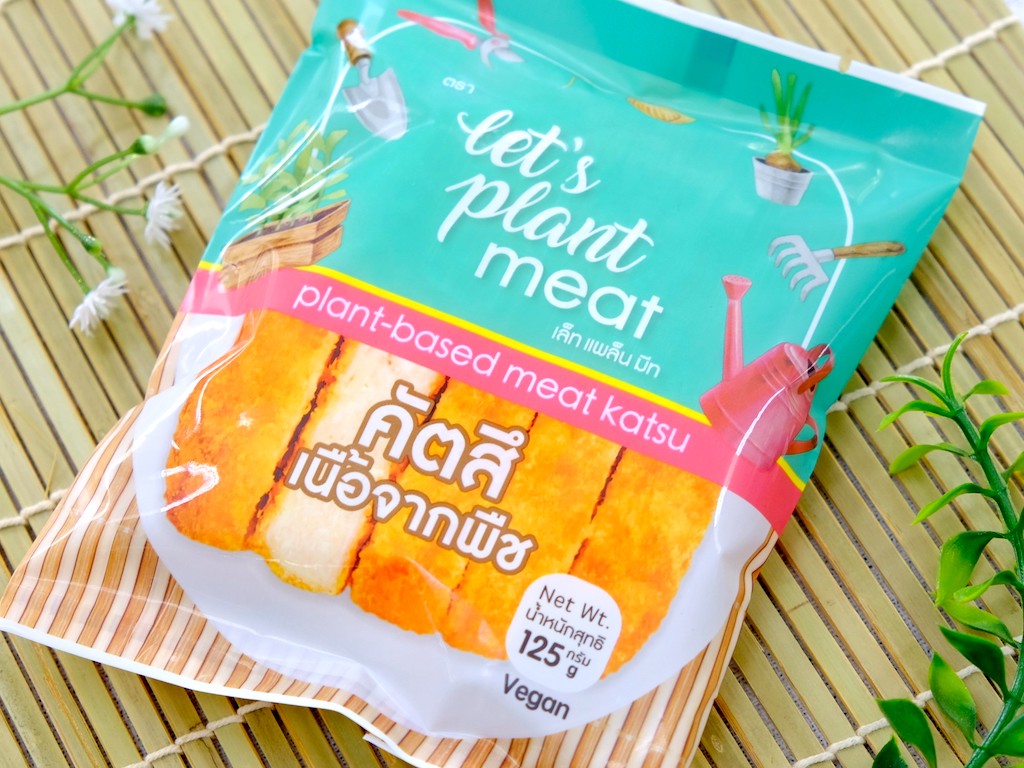4 Mins Read
Thai plant-based startup Let’s Plant Meat gearing up to launch in Hong Kong, with its vegan burger patties and other meat alternatives set to hit retail stores and online delivery platforms in the coming weeks. HKTVMall, one of Hong Kong’s largest e-commerce platforms, will be among one of the first retailers, as the brand looks to “continually expand” its Thai and Asian-inspired plant-based offerings to the city’s consumers.
Let’s Plant Meat is now bringing its vegan meat range to Hong Kong for the first time, partnering with local distributor Brilliant Universal, which also imports international brands such as Greenday and Blue Elephant, for the launch. Five items in the Thai startup’s range will be available in Hong Kong, including its 100% vegan burger patties, minced meat, plant-based katsu, Italian meatballs, and larb meatballs.
Hong Kong launch
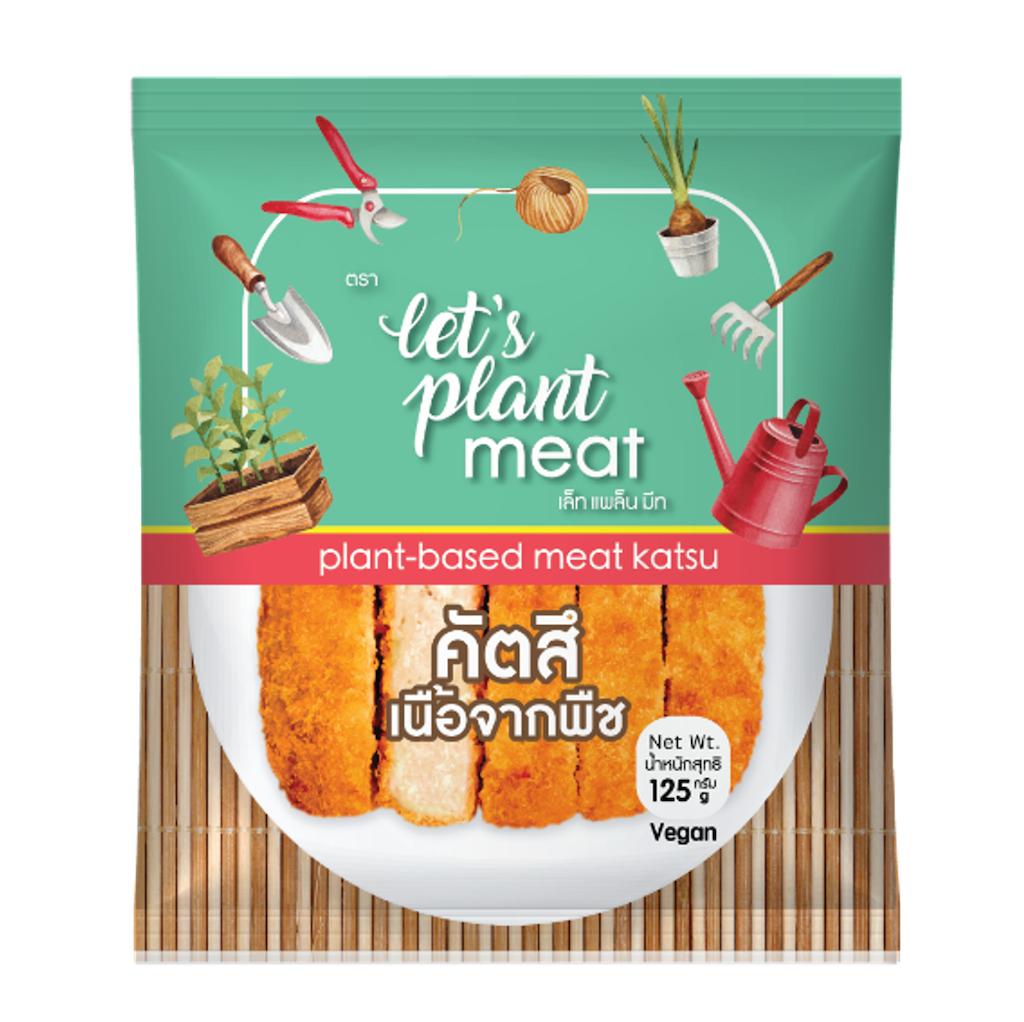
While one of the first retailers to carry the brand will be Hong Kong e-commerce giant HKTVMall, the range will also be available in several brick-and-mortar retail stores across the city.
it comes amid a surge in demand for plant-based meat in Hong Kong, with a local poll conducted by Green Queen Media earlier this year finding 7 in 10 consumers are now regularly purchasing and eating more plant-based meat alternatives.
Speaking to Green Queen Media about its Hong Kong expansion, the startup’s CEO and founder Smith Taweelerdniti said he was “excited” to be able to bring its products, especially its Thai-inspired ready-flavoured vegan meat offerings, to the city’s consumers. After initially rolling out five products, Let’s Plant Meat is planning to bring more Thai and Asian-style plant-based meats and ingredients to the city.
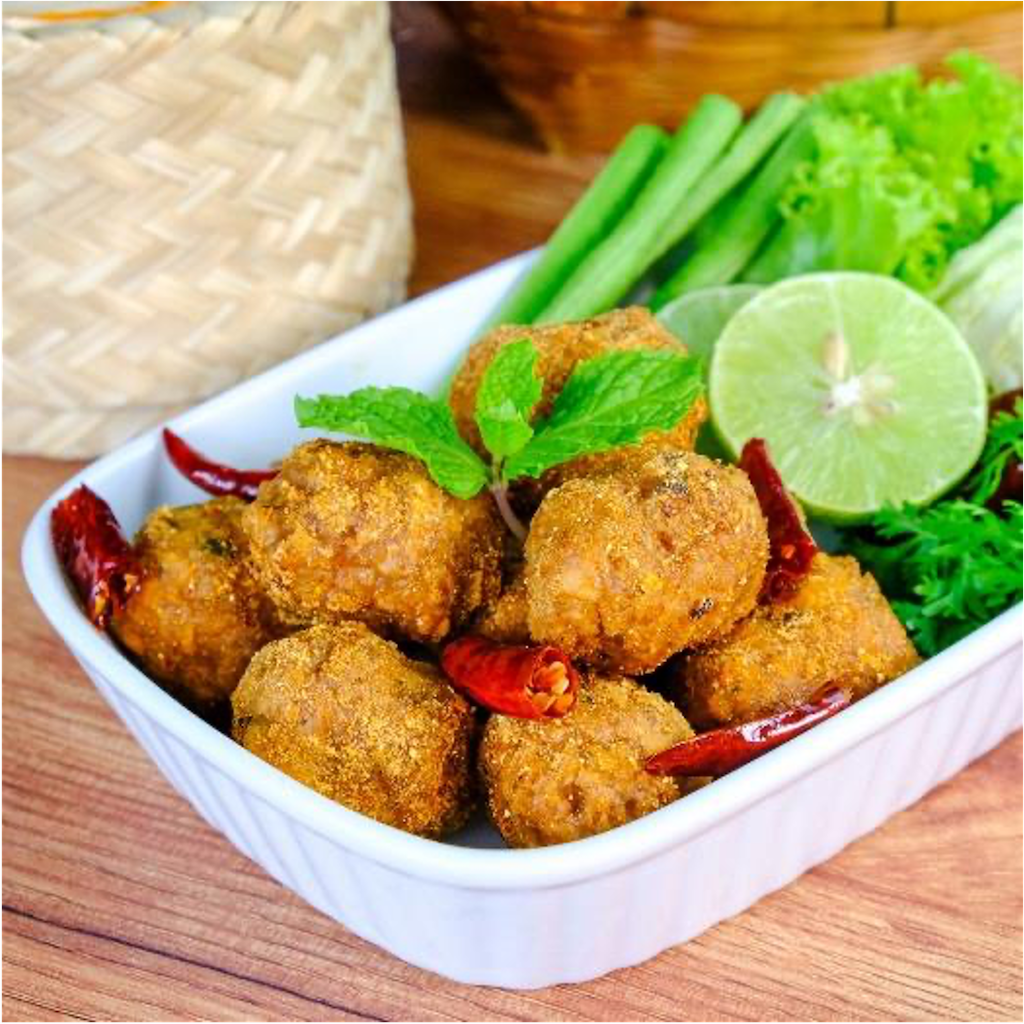
“We [are] developing 15 more items to continually present to our consumers,” said Taweelerdniti. “Some exciting items are Plant-Based Shrimp Cake, a very popular Thai fried appetiser, plant-based meat with Korean marinade, vegan Naem and plant-based Sai Ua, a Thai-style herbal sausage.”
“We use proteins from non-GMO soy and rice, fats from coconuts and rice bran, and plant fibres and carrageenan from seaweed, and we incorporate authentic Asian spices and herbs like lemongrass, kaffir lime leaves, galangal, chili, garlic, and onion.”
After the retail rollout, the CEO plans to launch the brand into foodservice channels in Hong Kong. “We hope to add more varieties for HK consumers with more Thai recipes,” he explains. “Restaurants will be our next working phase.”
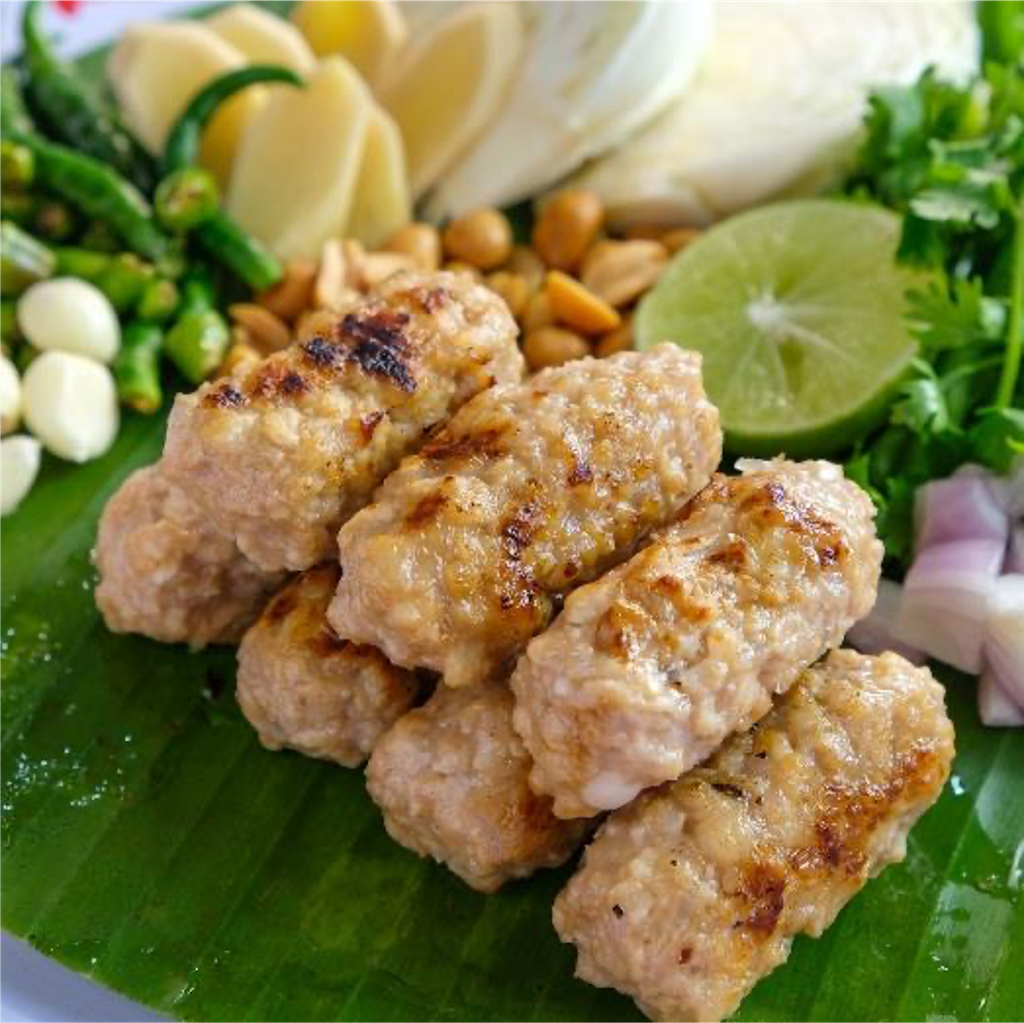
Making plant-based affordable
When Let’s Plant Meat first launched last year, Taweelerdniti said one of the core goals of the company was to help more Thai consumers make sustainable choices by offering affordable alternatives. The Chiang Mai-based company retails its products across Thailand’s largest chains, including Tesco Lotus, Gourmet Market, and Rim Ping for just half the price of brands imported from the US.
Its vegan burger patties, for instance, retail at grocery stores in Thailand for US$2.30 per patty, while a Beyond Burger goes for about double that amount.
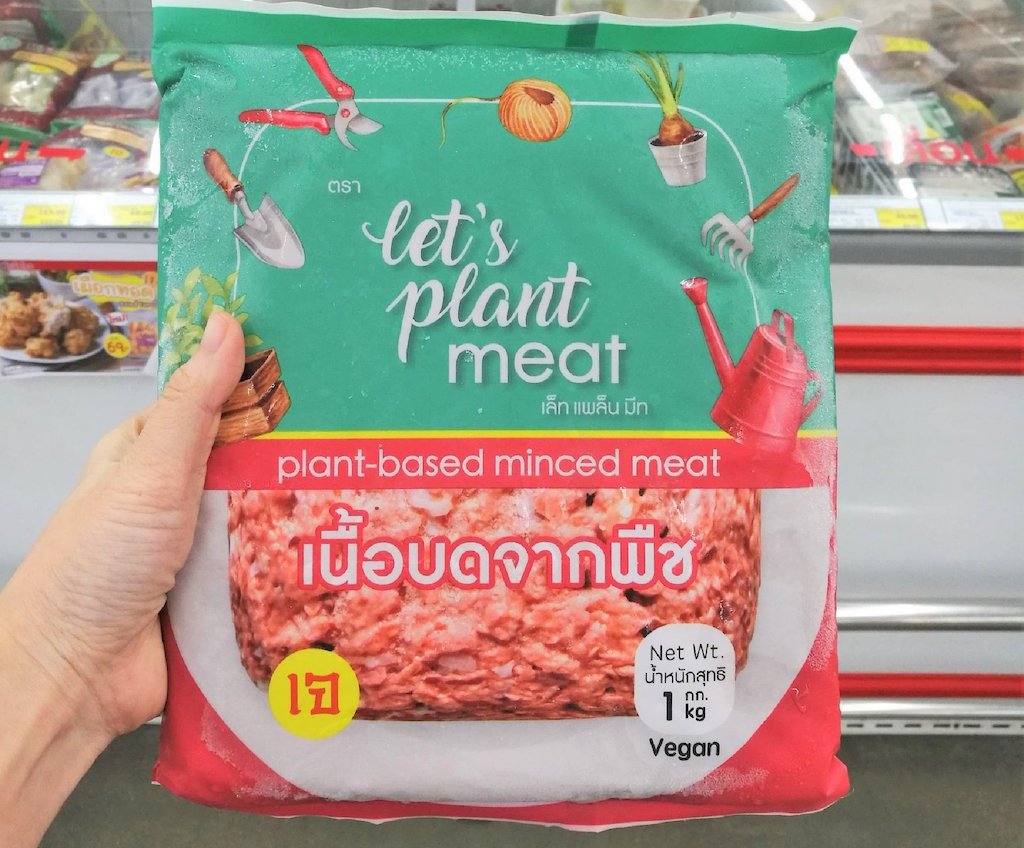
In Hong Kong, Taweelerdniti says its range will be retailed at around HK$32 (US$4.10) per package, which is still significantly cheaper than the price of the Beyond Burger which on average is sold for HK$69.90 in Hong Kong. Let’s Plant Meat will also offer bundles of four packages for Hong Kong consumers, which will be sold for HK$110.
Another edge that the startup has over Western competitors in the plant-based space is its Asian background, which caters to regional tastes and preferences. Let’s Plant Meat was recognised last year by Bühler and Givaudan at the Future Food Asia 2020 Award for exactly that—creating plant-based alternatives that are relevant to Asian consumers.
“We also source most our ingredients as locally as possible,” Taweelerdniti told Green Queen Media. “Our rice protein, coconut, and rice bran oil comes from Thailand, so are our herbs and spices, with some others from neighbouring Asian countries.”
All images courtesy of Let’s Plant Meat.

